- Top page>
- Japan Guide & Information>
- Learning
February 13, 2024
What do you dislike or find difficult about Japanese? It's different depending on the person. I think many people find pronunciation, kanji, grammar, etc. difficult, but as a Japanese language learner, the thing I struggle with the most is vocabulary. This time, I would like to share an article about the verb "kake", which has the same pronunciation but different meanings. It's a Japanese Language Proficiency Test N5 level word, but if you look into it carefully, you'll find that there are many ways to write it in kanji, and it has a wide variety of meanings and characteristics. I would like to introduce what kind of kanji is written for "kakeru" and how to use it in what context.
October 16, 2023
As a former international student who has taken the Examination for Japanese University Admission for University Admissions (EJU), this is a series in which I secretly tell you all the "tips" that were extremely useful during the exam and even during admission, which I can only know from having taken the exam! Lastly, I will mainly talk about the day of the exam and what happens after the exam.
September 06, 2023
As a former international student who has taken the Examination for Japanese University Admission for International Students (EJU), this series secretly tells you the "tricks" that were very useful for the exam, which you can understand only by taking the exam! This time, I will talk about preparations for the period just before the exam and the day before the exam.

July 10, 2023
As a former international student who has taken the Examination for Japanese University Admission for International Students (EJU), this is a series that secretly conveys to you all the "tricks" that were very useful in the exam, which you can understand only by taking the exam! This time, I'm going to talk about goal setting and daily study.
In a previous article, I explained about EJU information, so if you are interested in the exam outline, schedule, cost, how to use exam results for entrance exams, etc., please check this article as well. I guess!
https://www.studyjapan.jp/topics/shingaku/eju.html
March 01, 2023
What do you do to improve your Japanese pronunciation? I think there are many ways to do this, but in this column I will introduce "shadowing".
February 01, 2023
If you only study Japanese from textbooks, it may be difficult to have a natural conversation. In this column, I will introduce some tips to help you have a natural conversation.
January 01, 2023
Do you know "onomatopoeia" that conveys sounds, states, and feelings in Japanese? There are many expressions that use the same word twice, such as "pika pika", "zaaa", and "fluffy". This time, I will introduce a list of frequently used onomatopoeias. Try using it in your daily conversations.
December 01, 2022
Do you have a part-time job in Japan? There are various jobs, but I think there are many international students who work at convenience stores, restaurants, coffee shops (cafes, etc.). In this column, I will introduce polite Japanese that you use when working with customers in Japan.
November 01, 2022
Do you know the difference between "excited" and "excited"? What about the difference between "I'm happy" and "Fun", and between "I don't know" and "I don't know"? In this column, we have summarized how to use similar words and how to distinguish between them.
October 01, 2022
The ability to write Japanese, which is necessary for living in Japan. Here are four recommended ways to do just that.
September 01, 2022
This time, I will introduce four useful textbooks (books) for studying kanji. The level of the book is N4 to N5 level kanji. If you want to review beginner's kanji, please check it out.
August 01, 2022
If you continue to "read Japanese happily" for a long time, it will be easier to understand the reading comprehension of the exam. And it becomes a topic of conversation when talking, and the conversation becomes an interesting person. Why don't you start "reading Japanese happily" in your daily life?
July 01, 2022
Are you good at "listening to Japanese conversation"? Are you not good at it? It's hard to hear conversations in a foreign language, isn't it? Today, I would like to share "the experience of listening a lot and improving my listening skills" along with my memories of studying in the United States when I was in high school.
June 01, 2022
The Japanese Language Proficiency Test (JLPT) is held twice a year in Japan in July and December. There are 5 exam levels, from N1 to N5, in order from the most difficult one. All international students taking the exam say that "reading comprehension" is the most difficult. Because I have to read a lot of long sentences. And some people find it difficult to "listen". This is because many people are not good at listening. Some of you may not be able to remember "character vocabulary (kanji and words)". This column will give you advice on how to study character vocabulary (Chinese characters and words) and how to do "reading" and "listening" before and during the exam.
May 01, 2022
When and how should "ha" and "ga" be used? Are both the same? You may think, but if you make a mistake between "ha" and "ga", the meaning may change. In this column, I will introduce how to use "ha" and "ga" separately. In the second half, I will explain the difference in meaning when using "ha" and "ga" in the same sentence. I hope it will be a hint for your Japanese conversation.
April 01, 2022
Japanese kanji are the same kanji and can be read in various ways. Do you ever know what to read as "Nani" or "Nan"?
In this column, I will teach you the rules for reading "Nani" and "Nan". Sometimes it may be different from the rules, but at that time, listen carefully to the Japanese way of speaking and remember it.
March 09, 2022
Studying Chinese characters is difficult, isn't it? How do you always study? In this column, four Japanese language school students will teach you recommended ways to study Chinese characters (all of these seniors have passed N3!) How did they learn Chinese characters when they first studied Japanese? Is not it. There seem to be various ways to study Chinese characters.
February 03, 2022
"Ni" "o" "de" "ga" ... This is called a "particle". When and when do you use it? Do you know how to use it? In today's column, let's learn how to use the particles "~~ de" and the last "ne yo na" that are often used in conversation. Please remember when you have a conversation.
January 07, 2022
How do you learn new words? It's hard to remember the words, isn't it? And don't you forget it as soon as you remember it? (Laughs) In this column, I will give you advice on "how to remember words" and "how to practice" that you use in your daily life. Please give it a try.

May 12, 2021
Now that immigration restrictions continue in Japan due to the influence of the new coronavirus, the number of foreigners taking online Japanese classes overseas is increasing. I am teaching a Japanese teacher who lives in Japan. What is the difference between traditional face-to-face lessons and online lessons? Also, what kind of preparation is required before taking online classes?
[PR]